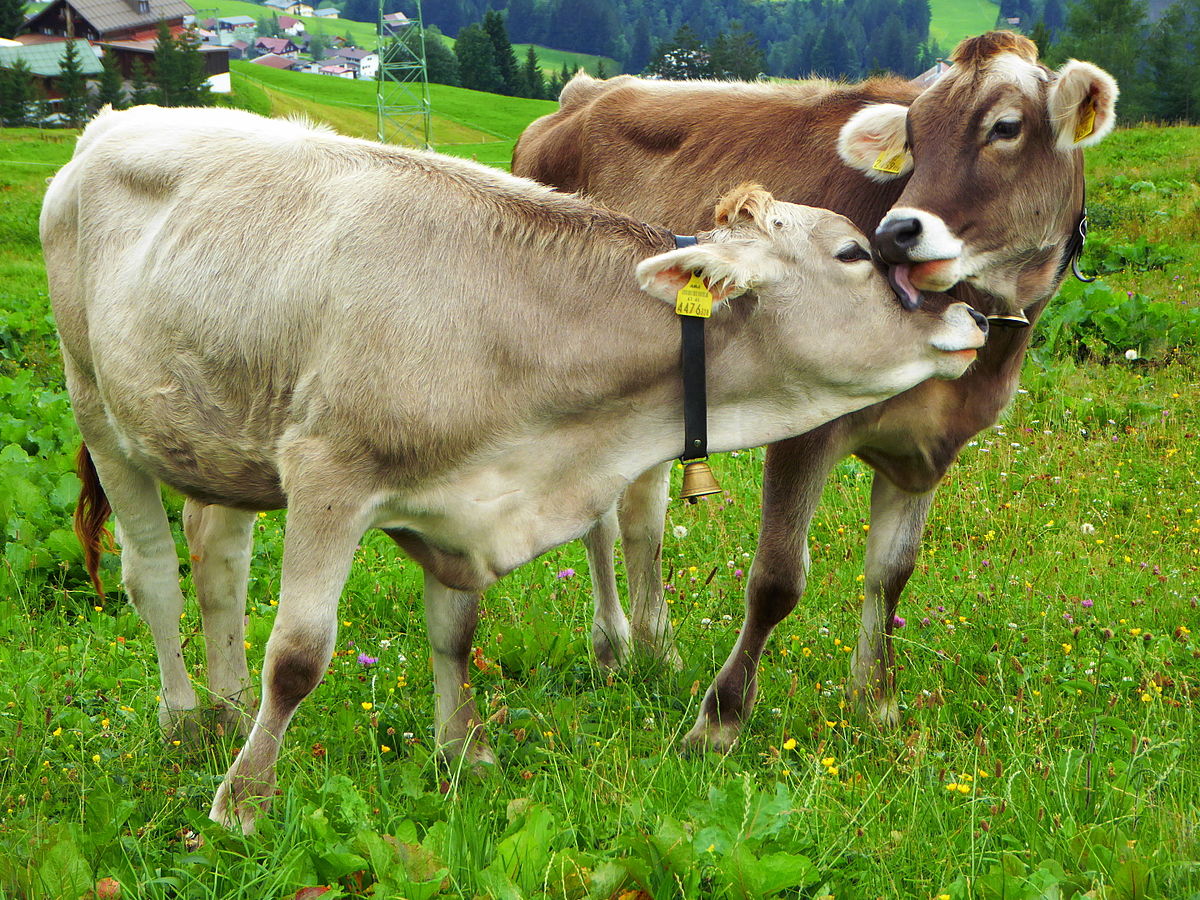 |
| Livestock |
The rapid economic
and population growth in developing countries caused an unprecedented
demand for livestock products. The demand is estimated to grow year in
and year out and could hit 70% over the coming 30 years, as documents
show.
Though Ethiopia has
the largest inventory of livestock in Africa, its contribution to the
GDP, food and nutritional security has remained dwarf.
With a view to
addressing this discrepancy, Ethiopian animal scientists made a profound
discussion with their counterparts drawn from all over the world on
ways of ensuring productivity in the livestock sector. The 7th
International livestock Cooperation Workshop which took place recently
in Addis Ababa facilitated this platform.
Constraints in
terms of finance, technology as well as skilled human power were among
the critical bottlenecks identified in the course of the event.
Harmeya Trading
General Manager and Ethiopian Livestock Production Export Association
Chairperson Dr Kumlachew Belay highlighted that these obstructive
factors could be tackled through revisiting policy directions.
He also added that
rigorous deliberation among the sector's players, including investors
and government bodies, can usher in the optimal utilization of the
sector by 2035.
These players would
see into the practical challenges and come up with solutions that
maximize benefits from the sector. Indeed, the private sector is
somewhat novice, he said, mentioning that it only engaged in exporting
meat and meat products for the last two decades. For him, this
experience was full of challenges, and at times resulted in unfavorable
situations.
But now, most
Middle Eastern countries have resumed importing Ethiopian meet and meet
products. "Ethiopian meet export makes it way to countries like Oman,
Yemen, and Egypt." The different measures taken so far have helped the
country to earn more foreign currency despite disproportionate compared
to the country's vast potential.
To press on this
move by ensuring healthy cattle population, the government has
constructed quarantine at Mille in Afar region. And there is hope that
the sector would show better performance through the private sector's
increased engagements.
Livestock and
Fishery State Minister Dr. Misrak Mekonen build on this as she said the
establishment of the ministry proves that the sector received much
attention at senior level. well
as natural resources development has clearly been understood, she added.
"The goals laid in the second Growth and Transformation Plan are being implemented with increased vigor."
Private sector and
pastoral community development are at the heart of the ministry's
executions, as she pointed out, adding replicating other developing
countries' best practices is taken as a possible option. Ethiopia could
also draw practices from Botswana- a country that exports standard
livestock to European market- to assist the private sectors'
performance.
This development
came on top of government's new policy aimed at transforming the sector,
mentioned Dr. Tomas Chernet, Ministry Policy Adviser.
Such profound
discussions among sector's intellectuals have also brought tangible
results, he explained, disclosing that a national livestock master plan
would come to force soon.
The master plan
intends to benefit all involved in the sector's development directly and
indirectly. It also helps to curb trans-boundary animal diseases.
As small scale
livestock farming is the dominant practice, a great deal of work need be
done to align it with market demands. Pastoral communities would also
improve their lives engaging in market oriented livestock production.
The government also
put mechanism in place to tackle illegal livestock trading, and to
penetrate the international market at a competitive price.
As the country aims
both to improve the pastoral community and foreign earning from the
sector, a prevention-oriented livestock healthcare system is being
pursued besides availing water and pasture for the animals. Moreover,
the all-round efforts to ensure quality in the livestock value chain
have borne encouraging results. Provided that the efforts continue
receiving attention from government and development partners, the huge
livestock population could help ensure food security at national level
while supplying standard meet and meet products to the Middle Eastern
and Europeans markets.










No comments:
Post a Comment